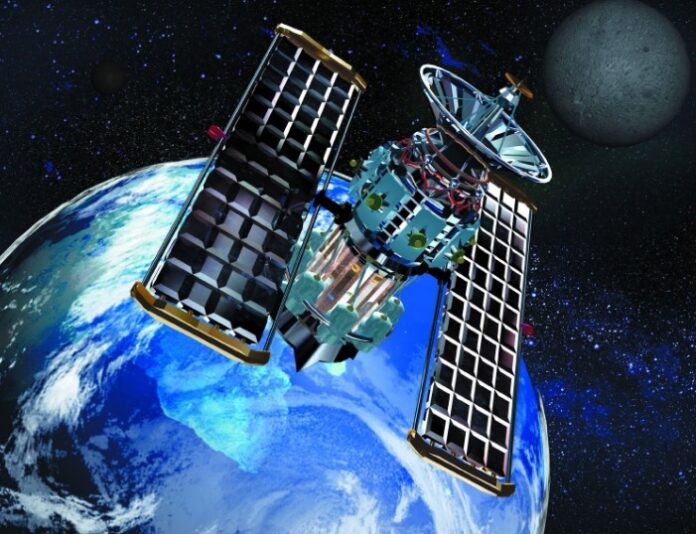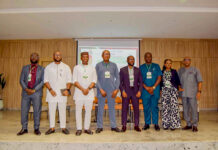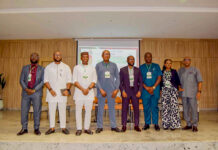The Rockefeller Foundation Funds AI and Satellite Data for Nigeria’s Economic Development
TECH DIGEST- In Kenya, Nigeria, Rwanda, and Uganda, a new $5.5 million partnership with e-GUIDE and Atlas AI starts to spur investment in infrastructure for agriculture, energy, and transportation. With a new $5.5 million partnership with e-GUIDE and Atlas AI, The Rockefeller Foundation hopes to promote the construction of climate-resilient infrastructure and hasten economic growth in sub-Saharan Africa.
A ground-breaking digital platform that builds on new research and publicly available data sets covering the intersection of agriculture, energy, and transportation sector development conditions will provide unmatched insight into the well-being of communities by utilizing satellite data and machine learning technologies.
The platform, which will initially cover Kenya, Nigeria, Rwanda, and Uganda, will offer policymakers extensive cross-sectoral insight into how new infrastructure development can reduce community vulnerabilities and promote economic opportunities, ultimately assisting efforts to prioritize and sequence investments in these crucial sectors more effectively.
READALSO: Four ways fintech is driving a greener economy
“While data science has been used to improve individual development projects, we haven’t yet unlocked its potential to improve development at a systems level — which is critical, because efforts to drive change in energy, agriculture, and transportation must be integrated in order to make opportunity universal and sustainable,” said Zia Khan, Senior Vice President of Innovation at The Rockefeller Foundation.
“We are excited about the potential of this collaboration to give policymakers, investors, and operators more dynamic situational awareness of local conditions and help them improve those conditions for the people they serve.”
The Rockefeller Foundation, in collaboration with the Colorado School of Mines, Columbia University, University of Massachusetts (UMass) Amherst, and Carnegie Mellon University, launched the e-GUIDE (Electricity Growth and Use In Developing Economies Initiative) in 2018 as a project to use data science to predict electricity demand in emerging markets that are energy-poor.
“We want to develop tools to measure how infrastructural developments such as roads, electricity systems, and agriculture lead to economic development,” said Jay Taneja, Assistant Professor of Electrical and Computer Engineering at UMass Amherst, and principal investigator on the project.
“We want to understand which combinations result in the most extensive and fastest economic development, primarily in countries in sub-Saharan Africa.”
Atlas AI, a public benefit technology business based in Silicon Valley, joins e-GUIDE in the initiative. e-GUIDE has successfully used AI to estimate electricity consumption in Africa and measure productive use of energy in Africa’s agriculture sector.
Initiated in 2018 by The Rockefeller Foundation and a group of Stanford University scientists, Atlas AI tracks changes in societal and economic welfare throughout the world using data from a variety of planetary sensors and deep learning AI technology. In order to help difficult policy and investment decisions, Atlas AI has a wealth of experience creating hyperlocal socioeconomic information, predictive analytics models, and software platforms.
















